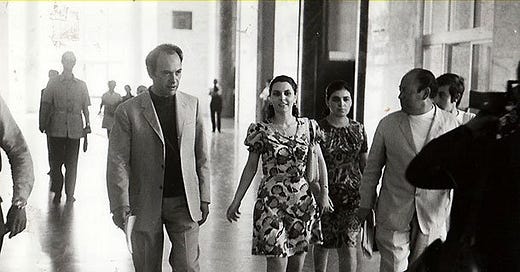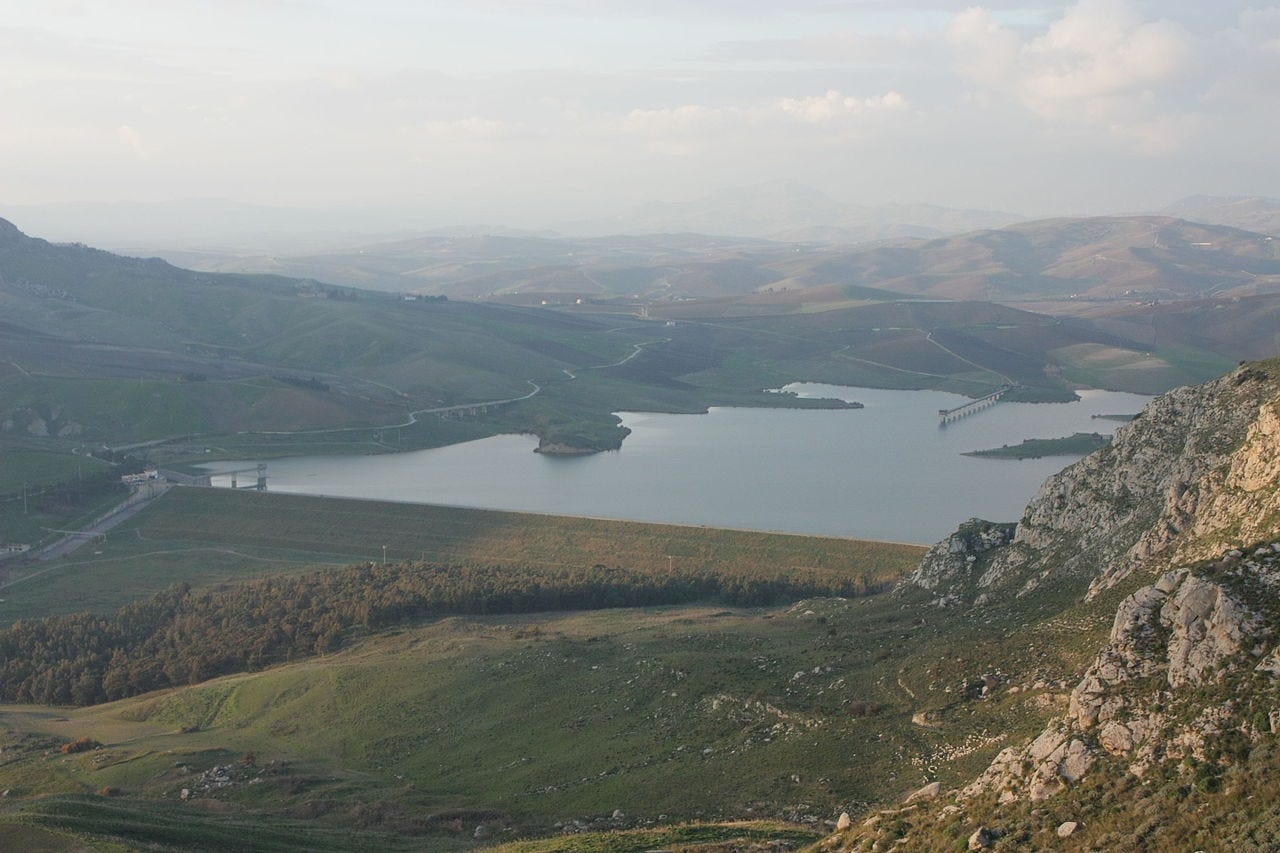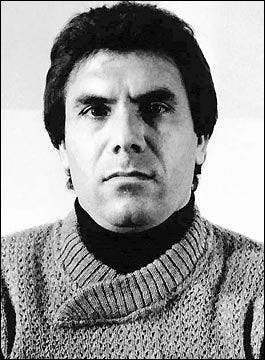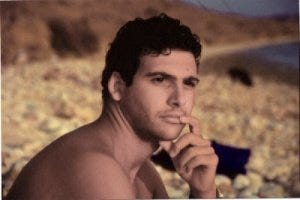“Uomini del Colorado, vi saluto e me ne vado!” is the trademark expression used by journalist Mario Francese to say goodbye to his colleagues every evening when leaving the offices of “Giornale della Sicilia” in Palermo. He uses it for the last time on the evening of 16 January 1979.
In the 1970s he is the first investigative journalist in Sicily to deal seriously with mafia crimes, becoming a familiar figure in the Palermo courthouse, pen and notebook in hand, following mafia investigations and trials with the greatest attention to detail.
He focuses particularly on the financial dealings of mafia figures, in line with the adage "follow the money", so successfully used by Giovanni Falcone in his investigations years later. Francese is able to fathom the almost military-like structure and line of command within the Palermo mafia clans in an era when most people, including police and magistrates, still believe the mafia to be a loose uncoordinated group of “bandits.” He is the first person to call the small group of leading bosses at the head of Cosa Nostra the “Commission.” Moreover, he is not afraid to print names in his articles.
He attributes his success to "reading court papers carefully & talking to people". He is the only journalist ever to interview Antonietta (“Ninetta”) Bagarella, the primary school teacher from Corleone who married mafia boss Totò Riina.
The interview is published in 'Giornale di Sicilia' in 1971, three years before Antonietta Bagarella & Riina marry. It takes place at Palermo Courthouse when she appeals against 4 years’ internal exile in northern Italy. She wins the case.
Interview with Antonietta Bagarella
Mario Francese continues his work throughout the 1970s, uncovering the shady dealings of Cosa Nostra and its associates in the business world. The most significant case he writes about is the construction of a huge dam and creation of an reservoir, called Lago Garcia, not far from Monreale. He discovers that the boss of Monreale Peppino Garda, who has a construction business, quickly sold off properties in Palermo to buy land in the area where the dam and reservoir would be built, spending two billion lire. He clearly had inside information because, after the plans are announced and the state expropriates the land, he collects 17 billion lire in compensation. Francese then uncovers Cosa Nostra’s interests in the actual construction work: controlling the recruitment of workers; sub-contracts for supplying cement and mechanical equipment. These interests cause conflict among rival clans, with a series of sabotage attacks and murders taking place as they vie for control.
Cosa Nostra eventually decides that Mario Francese is too serious a threat to be tolerated any longer and he is shot and killed at the entrance to his building on the evening of 26 January 1979. The murder is carried out by Leoluca Bagarella, Antonietta's brother, Totò Riina’s brother-in-law.
That evening, Giuseppe Francese, Mario's youngest son, aged 12, is looking out of the window, waiting for his father's return and witnesses the murder (the story is incorporated into Season 1, episode 3 of “La mafia uccide solo d’estate”, linked below).
La mafia uccide solo d'estate S1 E3
When he leaves school, he gets a job with the Sicilian Regional Government under a law granting benefits to dependants of innocent victims of mafia.
Giuseppe is soon recognised as an honest & scrupulous employee, with strict ideas on maintaining legality in the administrative processes he deals with in the offices where he works. Rather than earning him praise, this often brings him into conflict with his superiors.
As a result he is frequently transferred from one department to another. These dispiriting experiences do not help the general depression he has suffered from ever since his father's murder. Nonetheless, he occupies most of his free time investigating the murder.
He collects all of his father's articles and private notes, studying them carefully (as his father taught him) and piecing together the background to the murder. He becomes a familiar figure in the courthouse, just as his father was, waiting outside judges’ offices early in the morning to catch them on their arrival and hand over evidence he has found. Largely thanks to his patient and tenacious work, the case, which had been closed in 1980, is reopened in 2000.
On 11 April 2001, Leoluca Bagarella is convicted of materially murdering Mario Francese, while Totò Riina, Michele Greco, Antonino Geraci, Francesco Madonia, Pippo Calò and Giuseppe Farinella are convicted of ordering the killing. All are sentenced to 30 years’ imprisonment. Bernardo Provenzano is acquitted.
On 3 September 2002, Giuseppe Francese commits suicide in his flat in Palermo, six days before his 36th birthday. Another innocent victim of the mafia.
On 13 December 2002, the Appeal Court confirms all the convictions of the court of first instance and also convicts Bermardo Provenzano, sentencing him to life imprisonment.
On 2 December 2003, the Supreme Court of Cassation quashes the convictions of Farinella, Calò and Geraci but confirms all the others.
The judgment of the Court of Appeal says that, “the motive behind the murder of Mario Francese can certainly be traced to the extraordinary sense of civic duty with which the victim undertook a detailed reconstruction of the highly complex and significant mafia affairs of the 1970s.”







